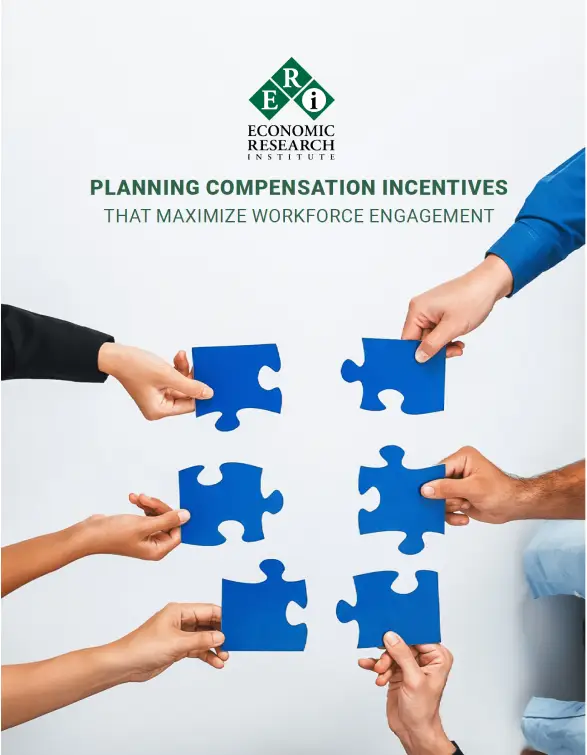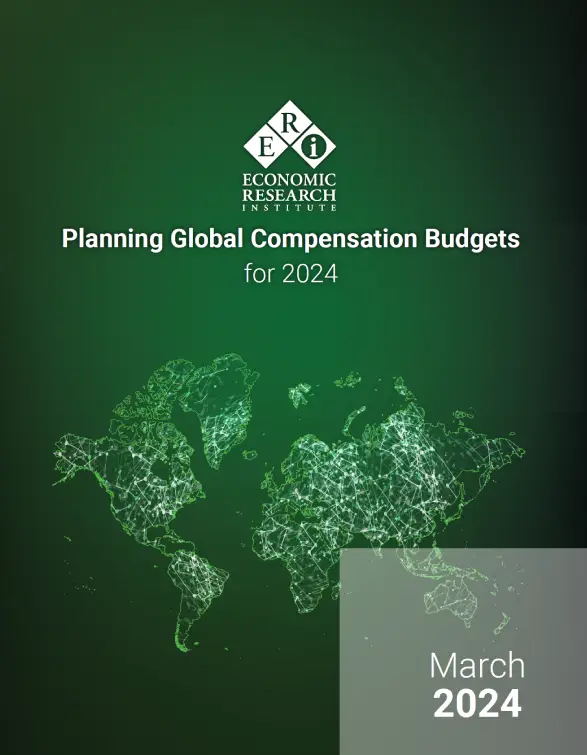According to a new GAO report, more states are using expenditures to third-party nongovernmental entities to meet federal spending requirements on such programs as food assistance, employment assistance, and family stabilization assistance – from 3 states in fiscal year 2007 to 13 states in fiscal year 2011. GAO also asked about future plans, and a total of 17 states indicated that they would be using this option in the near future. So which organizations will receive this money to provide the services?
Contracting out government services is certainly nothing new. There is a long established practice of contracting out government services in many states, such as Medicaid-financed services to the developmentally disabled, typically to nonprofits. But there are also many for-profit contractors, especially in construction and computer services.
In several states (New York, Massachusetts, and Illinois), there has been an increasing concern about the compensation of executives at nonprofit organizations that receive these government contracts. In fact, New York State established a task force to investigate executive compensation at nonprofit organizations that receive taxpayer subsidies from the state. Some states (including New Jersey, New Hampshire, and Vermont) have discussed setting salary limits for executives at nonprofits that receive state contracts. This one-size-fits-all approach does not take into account what is reasonable pay for “similar jobs in similar organizations in similar locations,” the criteria used by IRS to determine reasonable compensation (see IRS Form 990 instructions).
A recent analysis of changes in nonprofit employment reported that nonprofit jobs are concentrated in services like health, education, and social assistance, all of which are growth areas for the economy. For-profit employment growth has actually outpaced that of nonprofits, which is particularly evident in health care services. Since for-profit companies are now offering services traditionally provided by nonprofits, states have more options in awarding contracts.
As a result, not all government contracts go to nonprofit organizations that report executive compensation on their 990s. As state and local governments continue to reduce their employment levels, contracting out will continue to grow, and recipients of these contracts will increasingly be a mix of for-profits and nonprofits. Some have suggested that the compensation of executives at for-profit companies working under state contracts in all areas of government should meet some standard of reasonableness.
Pennsylvania currently requires an analysis of executive compensation as part of the application for state funds. Before a state grant is given by the Pennsylvania Department of Transportation, documentation of comparative executive salaries is required to ensure that the compensation is not excessive. ERI’s Executive Compensation Assessor is used to create an analysis that is submitted as part of the grant application to document that executive salaries are justified by comparable data.
Such an analysis of comparable salary data before the contracts are awarded could ensure that tax dollars are spent to provide services and not for excessive executive compensation, regardless of the sector.



